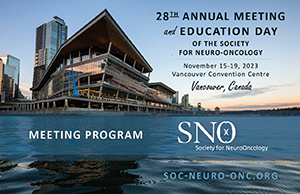
Lisa Greutter
Department of Neurology, Division of Neuropathology and Neurochemistry, Medical University of Vienna
Vienna, Wien, Austria
I, Lisa Greutter, M.Sc. am currently working as a biomedical technician and PhD student at the Medical University of Vienna in the Department of Neurology in the Division of neuropathology and neurochemistry. I am supervised by a neuropathologist and PI Adelheid Wöhrer, MD, PhD. In my project, entitled "Decoding cellular senescence in glioblastoma", I investiagte the correlation between neurodegeneration, senescence and glioma. Previous studies suggested biological associations between glioma, the most common brain cancer and AD, which typically both arise in the aged brain and whose interactions are further aggravated by cancer treatment. Despite the high clinical relevance of this comorbidity, the exact incidence remains poorly defined. In our project, we have undertaken a comprehensive screening of AD-pathology in the tumor-adjacent cerebral cortex of a representative patient cohort. We focused on tau and Amyloid-beta deposits, as well as the expression of amyloid precursor protein and its implication in tumor- and surgery-mediated acute axonal injury. Briefly, we show that AD-type pathology is present in roughly half of the patients with glioma. Surprisingly we find that AD-type pathology is not only present in elderly patients with glioblastoma (as mere coincidence), but isolated tau deposits can be found in tumor-adjacent cortex of patients with lower grade gliomas already in their thirties and forties. Since these patients typically face a better prognosis with cancer-related median survival of 10-15 years, this finding may be relevant for clinical patient management, and patients may ultimately benefit from tau-directed therapy to defer cognitive decline.

